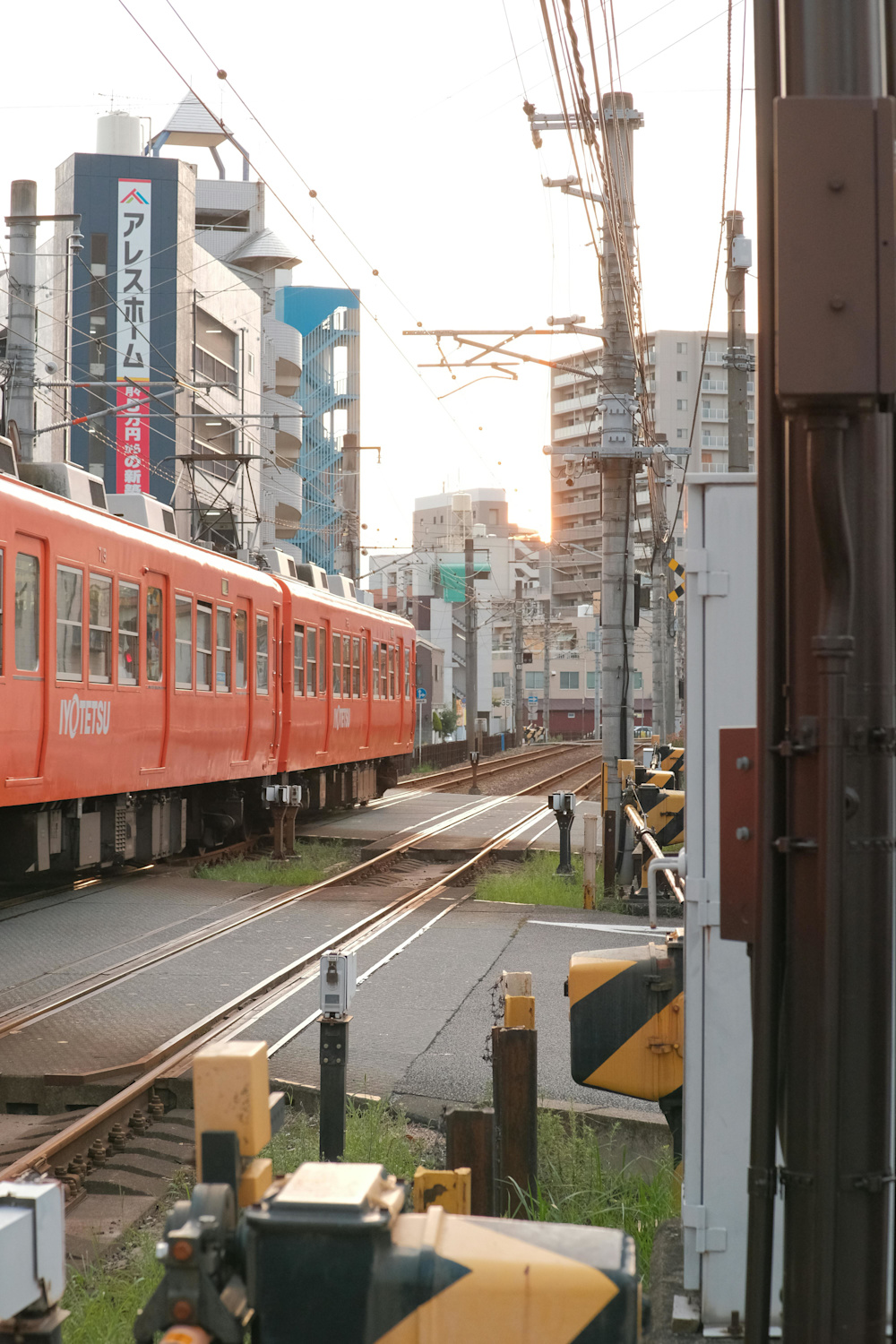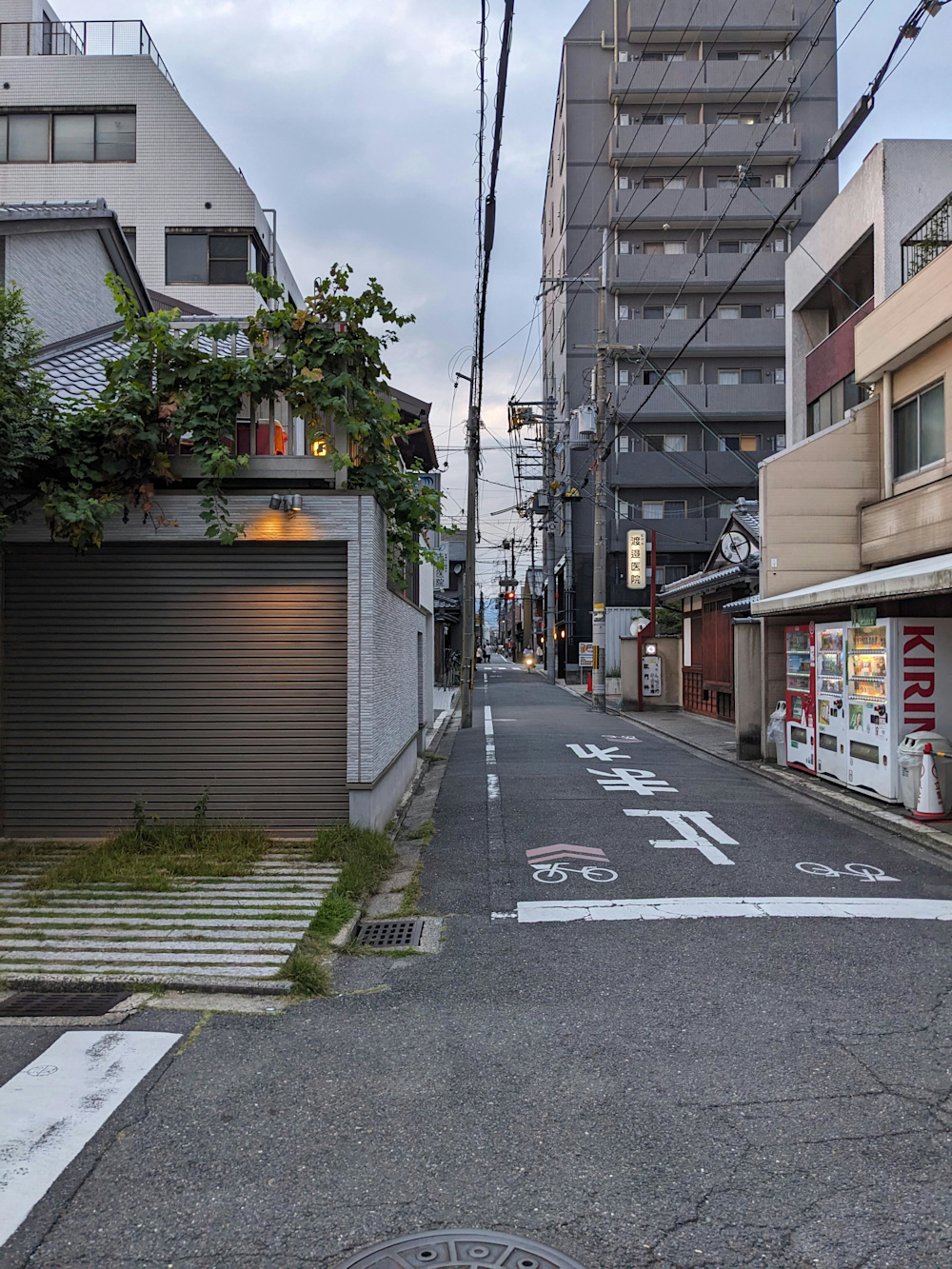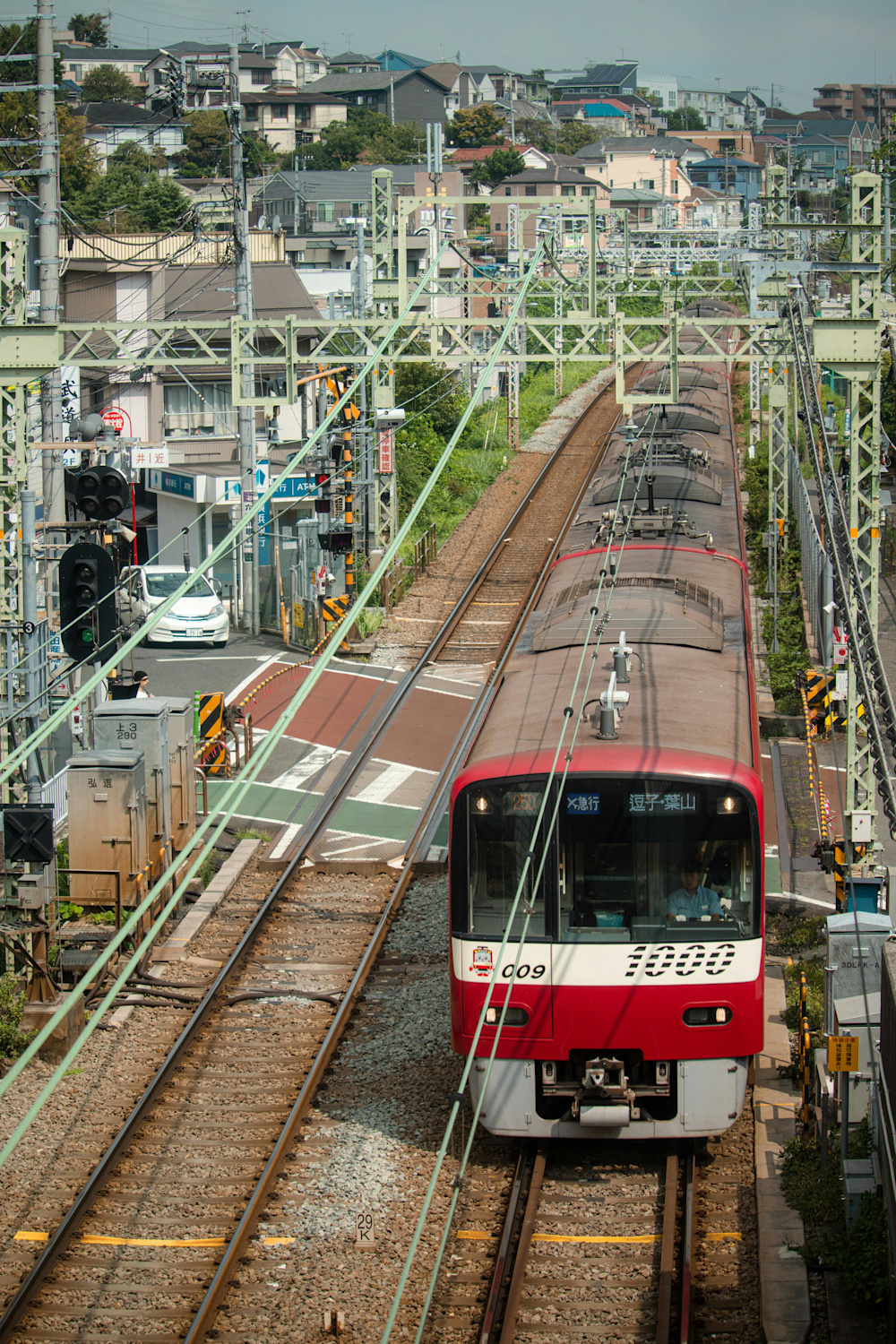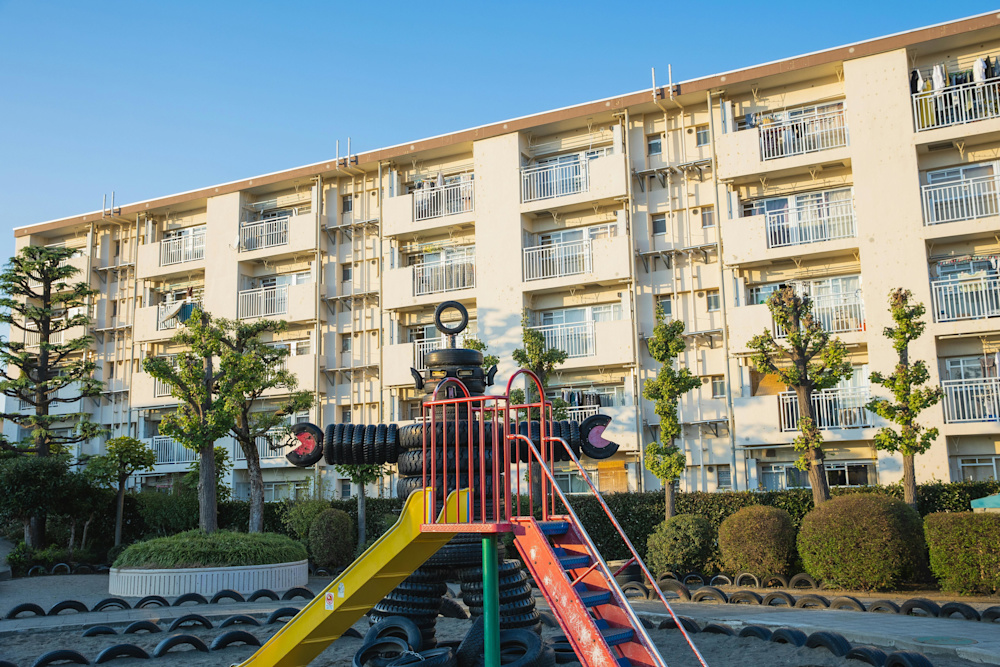Updated November 13, 2025
What to Consider When Apartment Hunting in Japan (8 Tips)
There are a ton of apartment searching resources and things to be aware of when looking for an apartment in Japan. It’ll most likely include:
Average rent in Japan
Rules for apartments
Apartment layouts (1R vs 1K vs 1LD)
One unit vs. separate bath
Recommended apartment age range
Moving out and cleaning fees
What documents to bring when signing an apartment
Instead, I’ll go over what is not usually said, mainly tips and what to consider when apartment hunting in Japan.
In this article: 📝
My apartment hunting journey
Let’s establish my apartment searching journey.
I moved from the US to Japan without doing any apartment hunting beforehand. I placed a lot of trust in the student dormitory that I was going to live in. Unfortunately, the apartment was wooden and right next to the main road, so I could hear everything. Thankfully, after a month, my brain blocked out unnecessary noises.
Then, I moved to Fukuoka for my first job. I had about a week to find and sign for an apartment. Luckily, that apartment was RC (reinforced concrete) and was in a quiet area. But I paid a high move-in fee.
After living there for 2.5 years, I moved to Osaka. Again, I gave myself about a week to find an apartment.
During that one week, there were a lot of things I learned and lots of things I regretted. So, here are my tips that I wish I knew before and after apartment hunting in Japan.
Tips you wished you had known before/after apartment hunting
1) Check for noise

After my Tokyo apartment, I wanted to make sure my next apartment would be as quiet as possible.
That means no apartments on or facing the main street or next to above train lines. When touring apartments, check for these noises. You should open and close the window and balcony to see if you hear any noise.
Additionally, your apartment’s construction type is also an important factor. The TLDR: RC, reinforced concrete, has the best soundproofing for both noises inside and out.
2) Visit the area

Don’t just check the apartment. In your spare time, you should check to see how noisy or quiet it is during the day, weekend, and at night (if possible). You should also check for any light pollution. You don’t want any lights or neon signs blasting into your bedroom every evening.
You can also check the foot traffic or the number of people passing by the apartment. To see if privacy or other noises will be an issue.
Check where the closest grocery store and conbini are. Will you need a bicycle to help carry things, or will it be fine carrying everything on your own?
And if possible, check to see if there's an empty plot of land. That can indicate there’s going to be construction soon.
3) Think about your commute

Yes, most apartments will have an estimated time from their location to the nearest station as well as an estimated time to a central station.
I highly recommend doing a test commute, if you can. That will also allow you to see how crowded the trains will be when you commute to work. 30 minutes doesn’t sound too bad on paper, but during rush hour when everyone’s going home, it can be rough.
If you have multiple train line routes, I recommend taking the commute with the fewest transfers.
4) RC is the best for any apartments
Reinforced concrete (RC) apartments are generally considered one of the most solid choices in Japan when it comes to soundproofing, heat retention, durability, and fire resistance.
RC buildings are made from thick concrete walls with reinforced steel, allowing them to block out noises from neighbors and traffic - way better than wooden or steel‑frame apartments. And these types of apartments will also hold heat better in winter and stay cooler in summer.
However, they are a little more expensive, but they are a better value (lower maintenance and insurance costs) than wood or simple steel frame construction.
5) Always opt for city gas (都市ガス)
As in, avoid propane gas if possible. City gas costs less than propane gas because it is managed by the city you are living in.
More often than not, propane gas is about twice the cost of city gas. One of my former coworkers moved out of her apartment after a year (had to wait for the contract to end) and made sure the next one was city gas so she didn’t have to pay twice the cost.
Personally, my monthly city gas costs about 2000 yen, and this is one of the things that I always consider when apartment hunting in Japan.
6) Avoid 1st floor, especially as a single woman
First-floor apartments have their pros and cons, but more so cons.
Many feel like they have a lack of privacy since people can walk by. Plus, there’s a higher chance of bugs crawling into your place.
While Japan is considered a safe place to live, it’s just better to live 2nd floor or higher as a woman in case of potential dangers.
7. Amenities and utilities to think about
When reviewing the apartment’s information (such as its features like AC, elevator, or gas/IH stove), also consider the following:
Washer/Dryer Setup: Is there space inside the apartment? Will it be located outdoors?
Drying Clothes: Is there enough height or space to hang clothes to dry? Or will you have to hang them inside?
Wi-Fi: Is it already included? Or will you need to install your own? Keep in mind any extra construction or setup costs.
If having a washer isn’t important to you, then be sure to check any nearby laundromat.
8) Consider UR apartment housing

In general, UR (Urban Renaissance) apartments are publicly managed rental housing in Japan by UR Agencies.
They are known to have no key money, no agency fees, no renewal fees, and no need for a guarantor, making them more affordable and accessible, especially for foreigners
They tend to have an older housing style (with tatami rooms), in a housing complex, and a bit further away from the city. But it’s still a great option for foreigners looking for housing.
Other apartment hunting tips
Here are some quick apartment hunting tips:
Visit multiple agencies: Different agencies are better equipped to help foreigners. And different agencies have different negotiating skills with the property management companies.
Use English-speaking agencies (if available): In major cities like Tokyo, Osaka, or Kyoto, there are real estate companies that specialize in helping foreigners and speak English. They will know which apartments are available to foreigners and should be able to advocate on your behalf.
Don’t get discouraged by rejection: It’s a simple fact of life that some apartments will reject foreign applicants. It’s so frustrating, but don’t take it personally. It just means you’re one step closer to finding a place that will say yes.
Budgeting tip: A general guideline is to budget at least 30% of your gross (pre-tax) monthly income for rent. Of course, this depends on your situation, so adjust as needed.
In closing
Apartment hunting in Japan can be an overwhelming experience. Hopefully, these tips will help you avoid some of the pitfalls of some apartments in Japan.
Best of luck on your apartment search here, and may you find a place that feels like home.
Get Job Alerts
Sign up for our newsletter to get hand-picked tech jobs in Japan – straight to your inbox.









